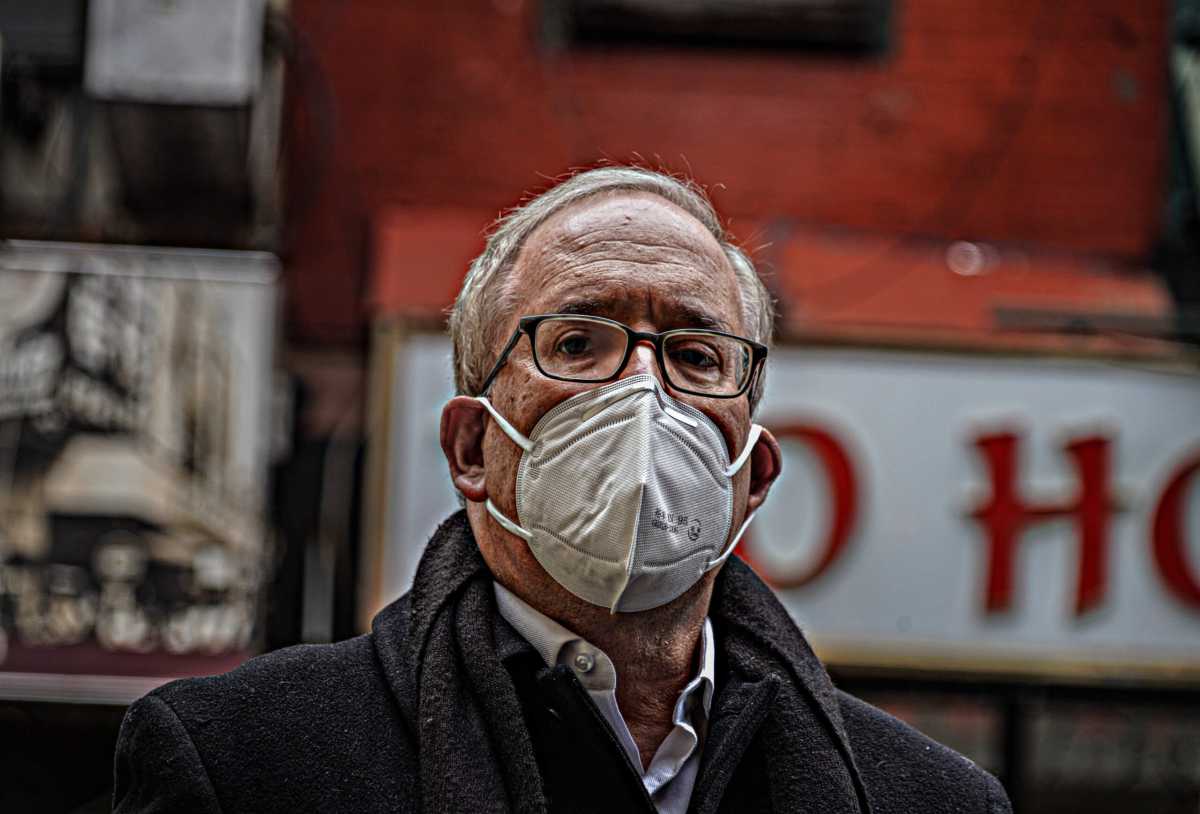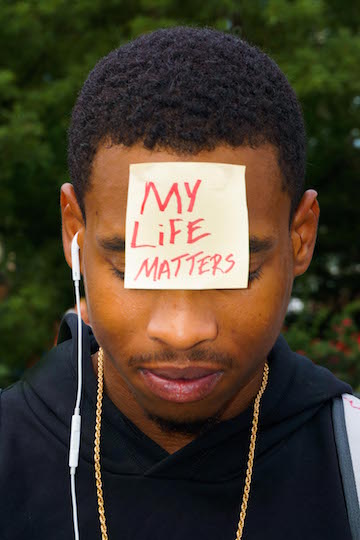A 22-point public health care reform plan that City Comptroller and mayoral candidate Scott Stringer revealed Thursday seemed to include a heavy dose of criticism at the way the de Blasio Administration has handled the COVID-19 pandemic and mental health crisis.
Dubbed “Healing NYC,” Stringer’s proposal calls for merging the jobs of city Health Commissioner and head of NYC Health + Hospitals, the city’s public hospital system, into one role as “Chief Health Officer.” The plan also calls for greater health care investments in traditionally underserved or ignored communities across the five boroughs, and reforming how city agencies meet the mental health needs of its residents.
Currently among the top contenders in the Democratic primary to succeed term-limited Mayor Bill de Blasio, Stringer’s “Healing NYC” plan offered plenty of criticism for the incumbent’s handling of public health care. The plan is not to be confused with the de Blasio Administrations’ 2017 anti-opioid initiative of the same name.
In discussing the new Chief Health Officer position, Stringer’s campaign said it would address “the need for more coordinated and effective leadership to manage the city’s health efforts,” which “the pandemic has underscored.”
Stringer’s Healing NYC plan also called for a “transparent, efficient and equitable” effort on the city’s part to give the public access to the COVID-19 vaccine, pointing out that just 34% of the city’s adult population has been vaccinated as of April 15.
The comptroller’s most robust criticism, it seems, comes with ThriveNYC — the mental health initiative launched during de Blasio’s first term and led by the mayor’s wife, City First Lady Chirlane McCray. The de Blasio Administration has come under fire in the past for how the ThriveNYC funding, upwards of a quarter-billion dollars a year, has been spent — and on how effective the program has been.
Stringer wants the entire ThriveNYC program dismantled and replaced with mental health programs, as directed by the Chief Health Officer. Along with various mental health goals outlined in the Healing NYC plan — such as revitalizing the city’s Mental Health Services Corps, expanding telemental health services and focusing on addressing mental health issues in public schools — it also calls for “strict accountability built in for monies spent and outcomes achieved.”
But throughout the Healing NYC plan, Stringer said, the main focus is to ensure that every New Yorker, regardless of background, has access to the services they need to live healthier lives. It also includes efforts to safeguard the city from suffering further disruption, sickness and loss of life due to future pandemics.
“COVID-19 laid bare the deep disparities that run through our city, and our number one priority must be ending this pandemic by putting the lessons we’ve learned into action right away,” Stringer said. “We cannot afford to repeat the same mistakes that left so many New Yorkers underserved and overexposed. My plan will tackle the inequities in our healthcare system and the social determinants of health to make sure that we never land in the same position again.”
Avery Cohen, a spokesperson for the Mayor’s office, defended the de Blasio Administration’s efforts to address health care in a statement to amNewYork Metro.
“Mayor de Blasio resuscitated our City’s public hospitals after decades of neglect and created NYC Care, guaranteeing universal, free access to healthcare—including mental health support—for every New Yorker,” Cohen said. “Under the Mayor’s leadership last spring, we built the largest testing and tracing system in the country with zero assistance from the federal government, taking New York City from the epicenter to the crisis to the envy of the nation. For eight years we have moved mountains to make our City’s public health system more equitable, and any candidate in the race is welcome to build on this legacy.”
Other highlights of Stringer’s “Healing NYC” plan include:
- Creating the NYC Public Health Corps, which will recruit volunteer medical professionals and other public employees who are prepared to rapidly respond to a massive health emergency in the city.
- Directing the Mayor’s Fund to Advance New York City to create a $30 million grant program to develop “on the ground solutions aimed at eliminating healthcare disparities and expanding access to preventative care.”
- Reassessing the city’s response to 911 calls toward a “health first” approach and shifting social service calls away from the NYPD.
- Changing the city’s zoning codes to create “Health Care Only” zones aimed at protecting medical facilities from real estate speculators.
- Improve the internal billing and cost recovery infrastructure at NYC Health + Hospitals to help stabilize its finances.
- Expanding primary care access points to the extent that no New Yorker lives beyond a 20-minute walk or ride from a primary care facility.
- Creating a citywide workforce of doulas, birth coaches and community midwives, and expanding prenatal care options, for expecting mothers to help end infant mortality in New York City.





































